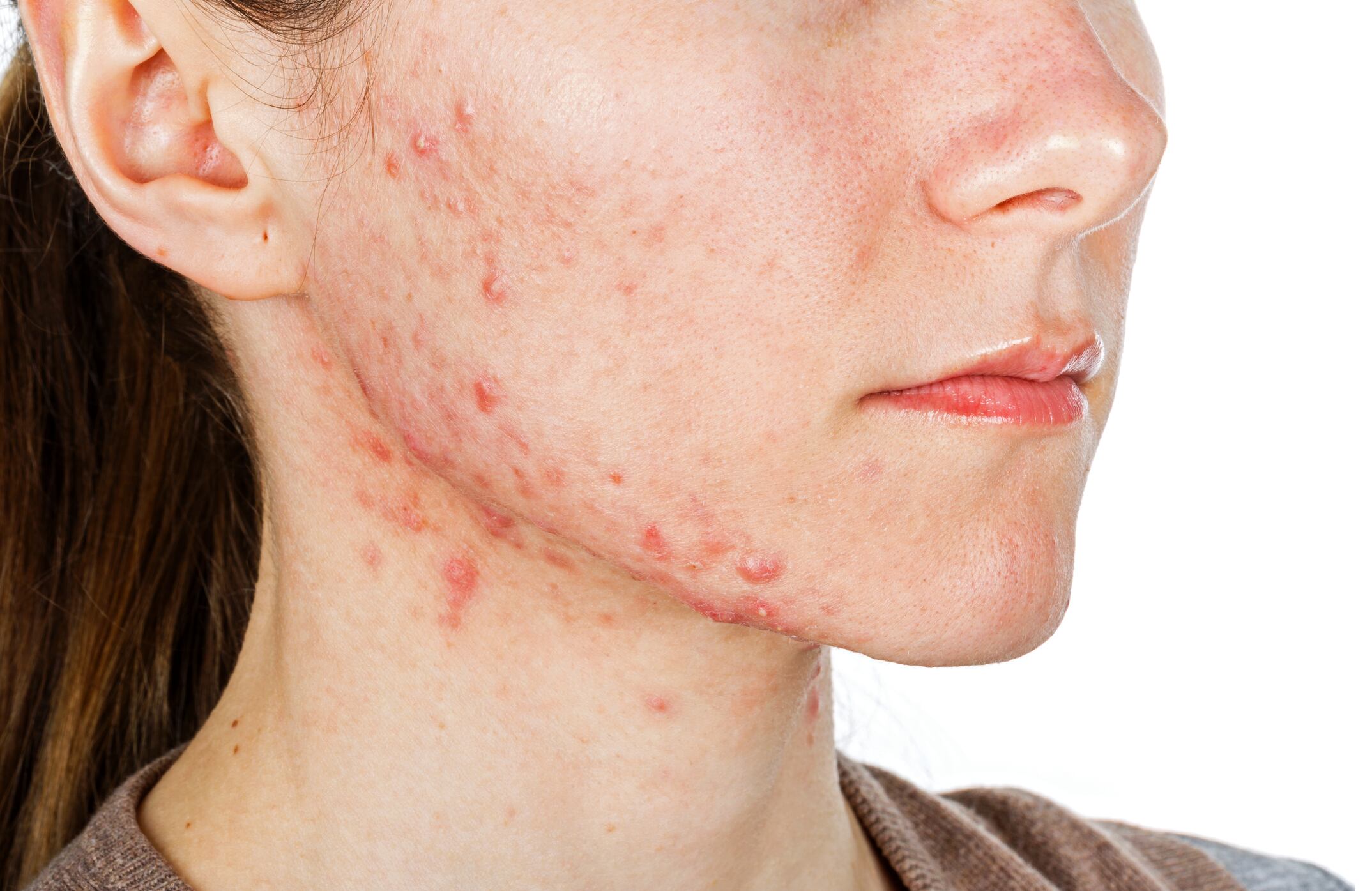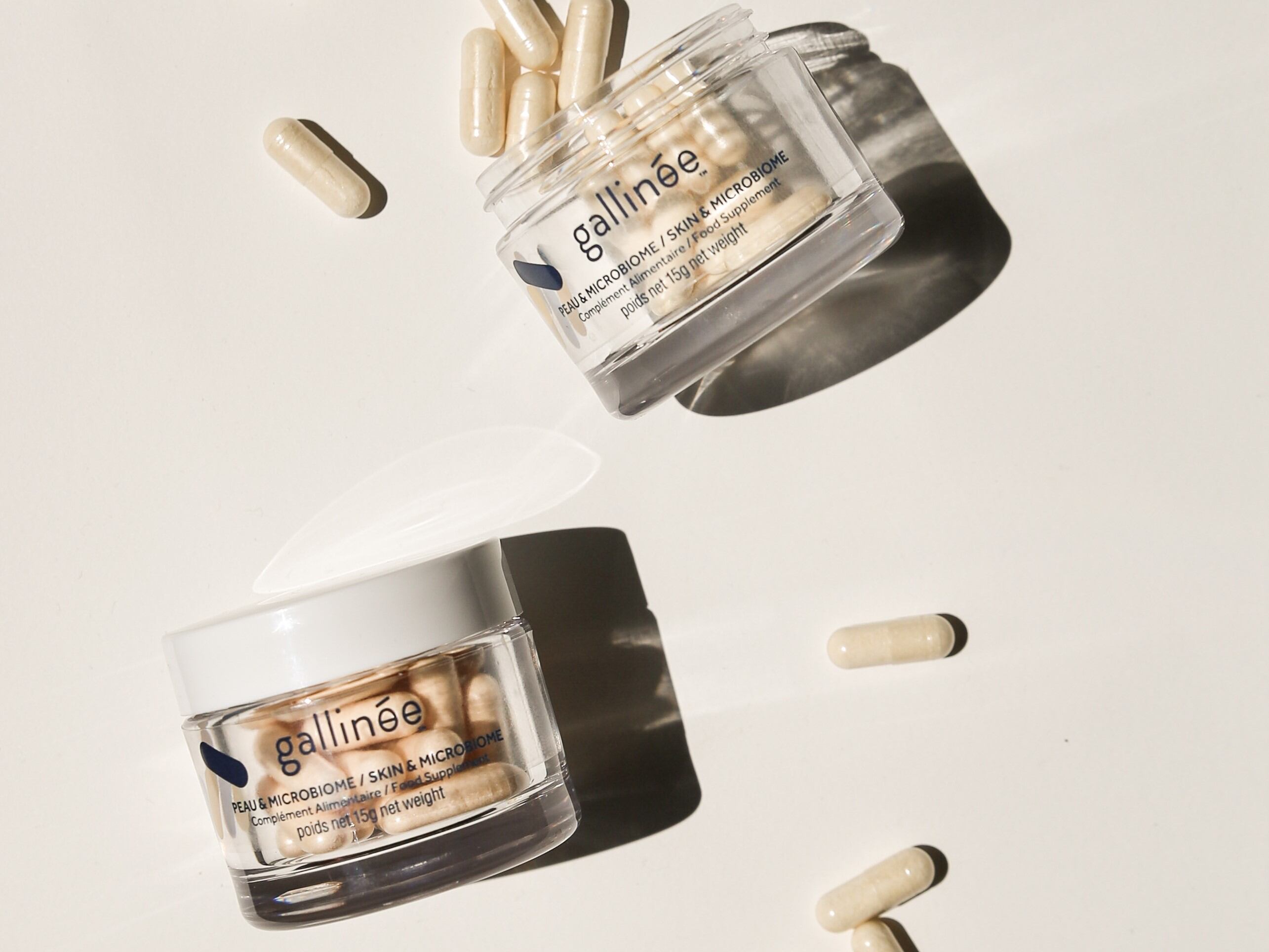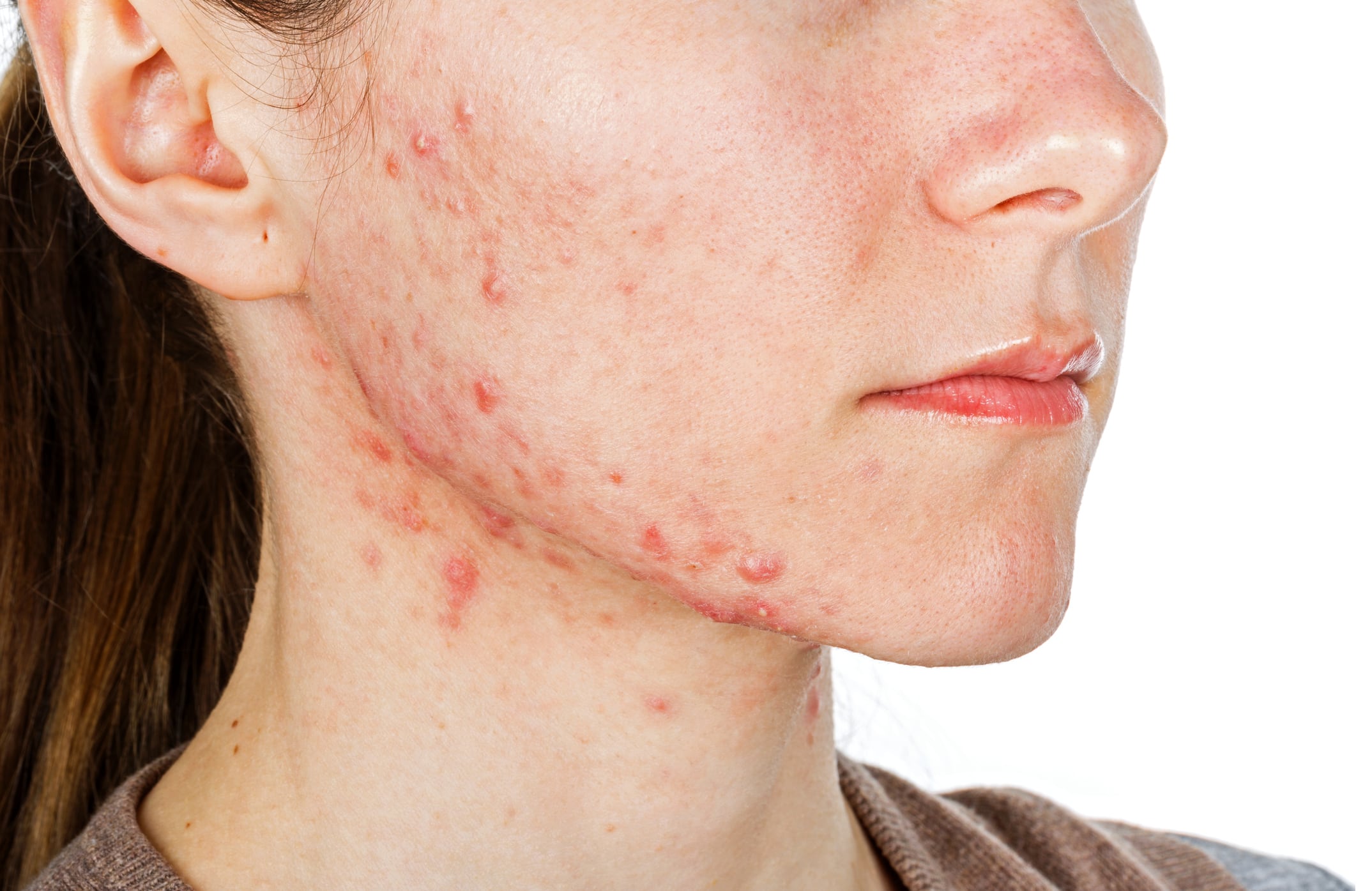Scientists from the University of Antwerp confirmed that lactobacilli are dominant members of the skin microbiome, and then applied genome and functional screening to select strains with suitable robustness, safety, and predicted immune system interactions.
The researchers focused on Lacticaseibacillus rhamnosus GG, L. plantarum WCFS1, and Lactiplantibacillus pentosus KCA1 and microencapsulated them into a cream for topical application.
Data from a pilot study and a randomized, placebo-controlled trial showed that daily application reduced inflammatory lesions on the skin of people with mild-to-moderate acne. The findings are published in Cell Reports Medicine.
The probiotic cream also modulated the cutaneous microbiome, in part by reducing the relative abundance of staphylococci, which are bacteria thought to perpetuate acne.
Even after individuals discontinued application of the cream, the reduction in acne symptoms persisted for several weeks, leading the researchers to believe the trio of bacteria act, at least partially, by modulating the immune system.
“As compliance is key in acne management, the relatively fast reduction of the inflammatory lesions is an added value,” wrote the scientists, led by Prof Sarah Lebeer.
“Furthermore, the topical probiotic cream proved to be well tolerated and even to improve moisturization (skin hydration increased 37.3% after 14 days and 45.6% after 28 days of use), which is a unique property in the context of acne.”
ISAPP: “Progress being made in these non-gut applications”
A probiotic is defined as a “live microorganisms which when administered in adequate amounts confer a health benefit on the host” – FAO/WHO.
Commenting on the study’s findings, Mary Ellen Sanders, Executive Science Officer of the International Scientific Association for Probiotics and Prebiotics (ISAPP), said: “The intention of the probiotic definition was to encompass probiotics not just for the gut, but for many other applications, including the skin. This research elegantly shows the progress being made in these non-gut applications.”
Prof Lebeer is a board member of ISAPP.
Future directions
Probiota, March 28-30
Opportunities in the skin microbiome space will be addressed at the upcoming Probiota event in Copenhagen, March 28-30.
For more information and to register, please click HERE.
Acne on the face is often treated with topical antibiotics, which tend to be used for an extended period of time and contribute to the serious problem of antibiotic resistance. For this reason, research groups around the world are looking at the potential of probiotics to alter the skin and impact acne-causing inflammation.
The Antwerp pilot study included 10 participants, while the randomized trial included 30 healthy people and 27 people with acne.
The data showed that “Staphylococcus taxa are increased in acne patients and that Staphylococcus could thus form an interesting acne target to investigate further,” wrote the researchers. “This role of Staphylococcus needs more attention in future research on acne, because it is currently somewhat understudied in contrast to other skin disorders such as atopic dermatitis.”
They concluded: “Further scrutinization of our results is necessary to contribute to a new era of skin therapeutics based on microbiome modulation as well as more fundamental and mechanistic insights into the possible keystone functions of lactic acid bacteria for skin health.”
Source: Cell Reports Medicine
2022, Volume 3, Issue 2, doi: 10.1016/j.xcrm.2022.100521
“Selective targeting of skin pathobionts and inflammation with topically applied lactobacilli”
Authors: S. Lebeer et al.




